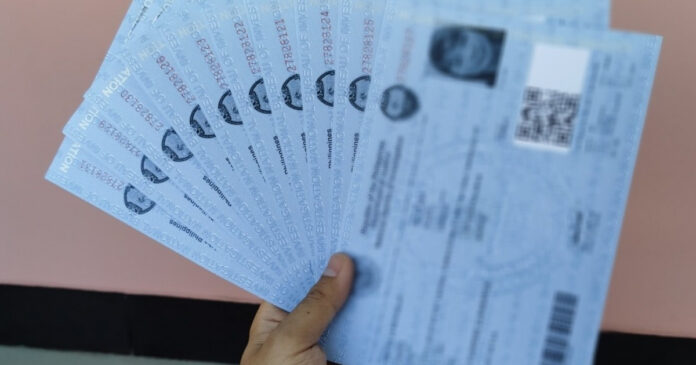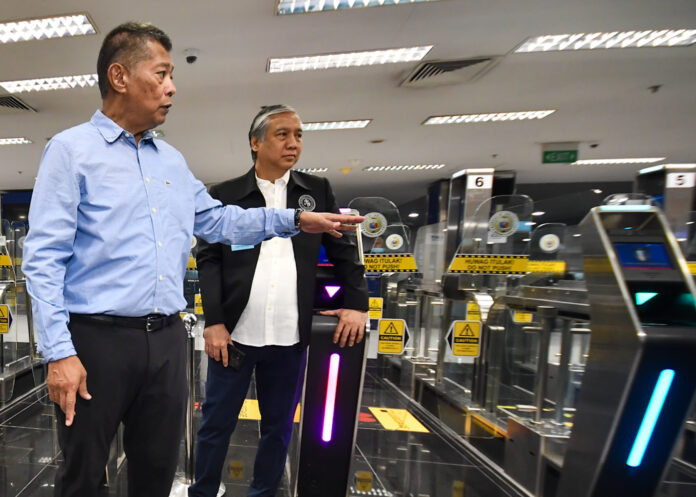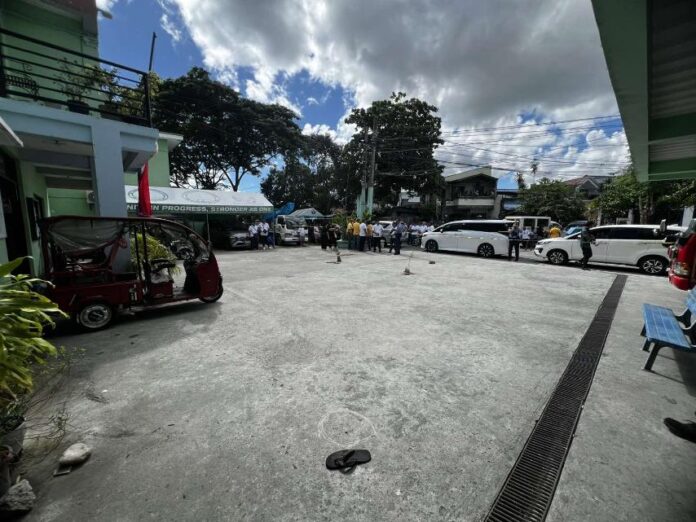Congressman-elect Adrian Salceda of Albay’s third district vowed to file the “No Clearance Before Job Offer Act” when he assumes office in July.
The proposed measure will prohibit both public and private employers from requiring police, National Bureau of Investigation (NBI), or other criminal background clearances before issuing a formal job offer.
Once hired, an employer may require only one such clearance, not multiple documents like police, NBI, barangay, and court certificates, which are commonly required today.
“Requiring NBI or police clearance before any offer is even made forces the poor to pay for suspicion… And it wastes everyone’s time, including the NBI and the police. Their limited personnel and logistics are better used solving real crimes, not screening innocent job applicants by the millions,” Salceda said.
He emphasized this reform affirms the constitutional right to be presumed innocent, while also responding to a very real burden on the unemployed: “If you’re jobless and broke, or newly graduated, every peso counts. Requiring P100 to P500 worth of clearances, repeatedly, before giving you a shot is unjust and inefficient.”
“Every redundant clearance is a delay in filling a job. It’s lost time, lost productivity, and lost income,” he added.
The bill carries penalties for violators with the Department of Labor and Employment (DOLE) as the implementing agency, with escalating fines of up to P100,000 and possible suspension of hiring licenses or business permits for repeat offenses.
By eliminating upfront financial barriers, Salceda said the bill could encourage an estimated 185,000 to 220,000 additional job seekers annually to enter or re-enter the labor market. This includes discouraged workers, first-time job applicants, and rural job seekers who often forgo opportunities because they cannot afford repeated clearance fees.
In terms of GDP boost, he said “even a modest 0.2 percent gain in labor matching efficiency could yield P15 to P20 billion annually in added productivity through faster job matching, reduced informal employment, and better utilization of available manpower.”
Salceda also noted that over one million man-hours per year are spent by the NBI and police processing employment-related clearances—resources that could be reallocated to core criminal investigations and public safety efforts.









